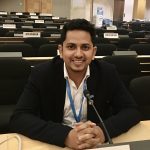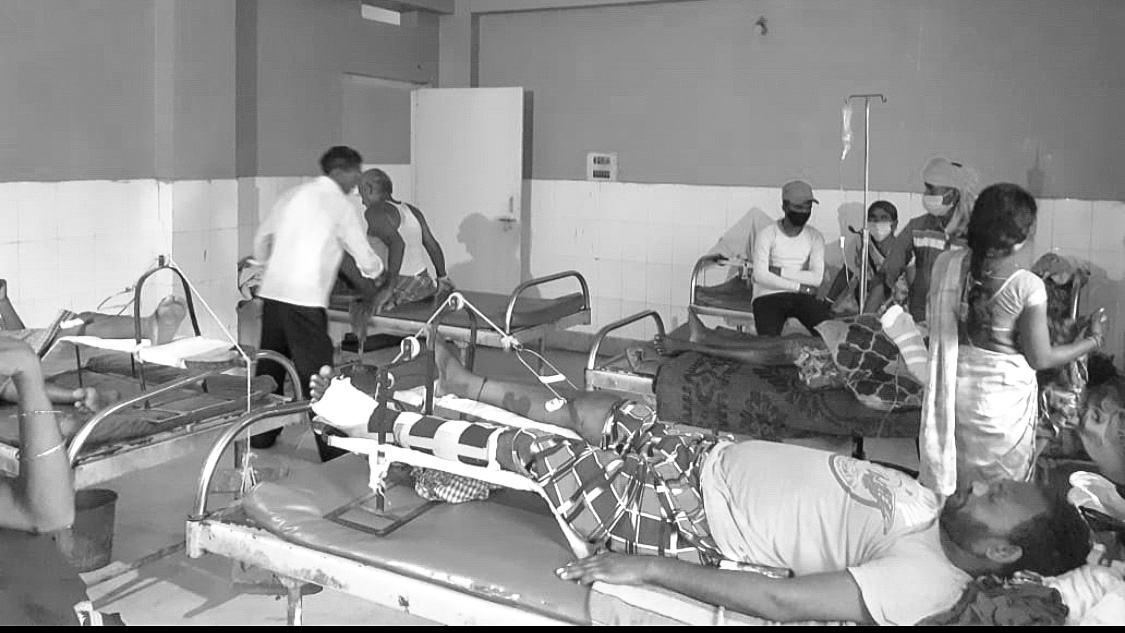

In the previous blog, we talked about Global Surgery and learned through brief introduction, scope and boundaries that define the field. We also discussed the landmark paper by the Lancet Commission of Global Surgery including its five key messages that set the benchmark for research and advocacy of global surgery. However, despite the obvious optimistic messages that often define any field related to global health, there are pessimistic undertones that are often ignored.
Global surgery, like its elder cousin Global Health, remains largely dominated by students and experts from high-income countries. The reason to such an underbelly of hidden differences is both direct and indirect and may stem from the information asymmetry.
Global surgery has roots in colonial history and like global health continue to intermittently showcase hints of colonial hangover. For many global surgery experts from well-off countries, Global Surgery Outreach Programs or Surgical Missions have continued to play an indispensable role in the objectives and vision for global surgery, even though existing evidence are critical of surgical missions (Botman et al, 2021).
Additionally, most of the coveted research programs and fellowships are financially prohibitive to students and experts from lower- and middle- income countries. Many of these positions are based out of high-income countries even when the field of their research and study usually gets direct benefits from lower- and middle-income countries.
Even within the lower- and middle- income countries, surgeons working in rural and remote areas do not often get the benefit or recognition for their work. This displays a subtle presence of elitism ironically in a field that argues for equity and inclusion.
While much of it remains bitter truths of the unequal world we live in today, there are obvious small steps that can be taken in the right direction. The global surgery research programs and fellowships that fend off the data and research from resource constrained regions need to display diversity and representation in their classrooms and leadership boards. Authorship of papers in academic journals should provide equal opportunity to lower- and middle- income countries experts and aim for a collaborative stance rather than a top-down approach. Additionally, we should encourage and promote voices from resource constrained regions that are directly involved in global surgery work.
The field of global surgery is still in its nascency and at the right age where small corrective decisions can create big differences in how we practice and preach equity.
References:
More from Dr. Ankit Raj here.
BCPHR.org was designed by ComputerAlly.com.
Visit BCPHR‘s publisher, the Boston Congress of Public Health (BCPH).
Email [email protected] for more information.
Click below to make a tax-deductible donation supporting the educational initiatives of the Boston Congress of Public Health, publisher of BCPHR.![]()
© 2025-2026 Boston Congress of Public Health (BCPHR): An Academic, Peer-Reviewed Journal
All Boston Congress of Public Health (BCPH) branding and content, including logos, program and award names, and materials, are the property of BCPH and trademarked as such. BCPHR articles are published under Open Access license CC BY. All BCPHR branding falls under BCPH.
Use of BCPH content requires explicit, written permission.